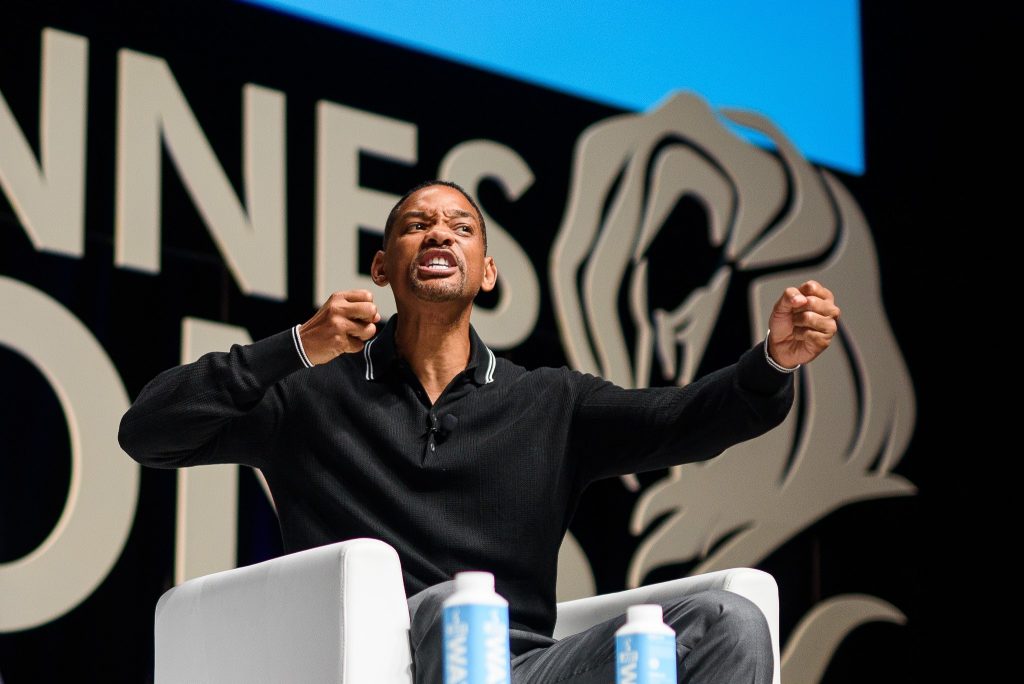Purpose x Experience
Branding is dead.
Let's be frank and direct: the term 'branding' alone doesn't mean that much.
After the term gained a lot of traction in recent years, the main point of Brand Management seems to be getting lost in the face of a growing number of service offerings in this segment: from a repositioning campaign to a visual identity redesign, anything goes to ride the wave.
To paraphrase a professional colleague, "branding is becoming the new coaching": lots of people who don't know where they're going and lots of lost people offering help. And that, my friend, is where any path will do.
In Cannes Lions FestivalIn 2015, I was struck (in a very positive way) by the relevance that Brand Purpose has gained in the creative world. Without exception, all the debates and talks stressed the importance of finding a 'reason to exist' that went beyond profit. Something that, for a long time, was forgotten by advertising (and which today pays a high price for it). In 2016, the subject was back on the agenda with even greater force.
Apparently, however, many people still don't understand that, in order to think about Brand PurposeIn the end, one thing is indispensable: the truth.

More than an inspiring message
Purpose needs to function as a strategic guide, not just for the brand but for the corporate culture. Not just to sell or create a beautiful campaign, but to show what you believe in and what you really are. You have to go beyond an inspiring message. Brands are stories. And stories are built by relationships, involving real people.
In this sea of opportunities (and opportunists), what we often see are brands trying to push the envelope to build relationships in a simplistic way, riding the wave of the moment to take advantage of it. Building a brand is not that simple. Neither are the responses during this process. The recent Pepsi is further proof of this. Not by chance, it has received harsh criticism from the real owners of the brand: the people and the market.
If your brand is confused about its own personality, people will also be confused and question its authenticity. More than that, they will look for other brands that are truly consistent. Brands that are and will remain true to what they truly are. That's Purpose. People want real, honest facts and they want to be part of the stories.
The latest Meaningful Brands Report (2017), a global survey conducted by Havas with approximately 300,000 people, states that 75% of the world's brands could die today and no one would care.
Today we have a huge range of brands and products, so people can switch easily. Too much communication ends up overloading. You have to find relevance and meaning.
The latest Meaningful Brands Report (2017), a global survey conducted by Havas with approximately 300,000 people, states that 75% of the world's brands could die today and no one would care.
Today we have a huge range of brands and products, so people can switch easily. Too much communication ends up overloading. You have to find relevance and meaning.
By treating branding in such a superficial way, we miss a great opportunity to maximize the company's results or generate real value for businesses and people.
Business managers (and agencies) need to understand that building strong brands requires more than replicating trends or participating in all the discussions on the agenda. It's time to question strategies and tools, at a time when traditional advertising can no longer be effective on its own.
If your company doesn't really dedicate itself to understanding who it really is, no well-designed visual identity or exciting campaign is going to get your business where it needs to be in the coming years. The stakes are high and the time is ripe for action.
If its purpose is not truly absorbed, branding is dead.
The next person to die could be you. Who cares?
From ego to empathy
As a young designer you may have heard this phrase a lot. But what does it mean? As someone who is pretty empathetic and self-critical, I never felt like it applied to me. But in retrospect, I think that's because most people use "ego" to describe inflated self-importance, when it's really just a word that describes how we understand our personal identity.
The distinction is important because letting go of your ego can be a nuanced practice in empathy. It's not just advice for arrogant jerks, it's essential for anyone working professionally. As a designer, my thoughts, tastes and keystrokes obviously are part of the equation, but it took some time to figure out that I could not create work in a silo as a reflection of my "aesthetic."
To some of you this might sound like a bummer, but when you take on a client's challenges and their point of view, you will have to think differently. You will find new approaches and you will grow. But more on that later.
"As a young designer you may have heard this phrase a lot. But what does it mean? As someone who is pretty empathetic and self-critical, I never felt like it applied to me."
Ernst Neufert in "The art of architectural design".

OK, but what does this have to do with my brand?
As a young designer you may have heard this phrase a lot. But what does it mean? As someone who is pretty empathetic and self-critical, I never felt like it applied to me. But in retrospect, I think that's because most people use "ego" to describe inflated self-importance, when it's really just a word that describes how we understand our personal identity.

As a young designer you may have heard this phrase a lot. But what does it mean? As someone who is pretty empathetic and self-critical, I never felt like it applied to me. But in retrospect, I think that's because most people use "ego" to describe inflated self-importance, when it's really just a word that describes how we understand our personal identity.
From ego to empathy

As a young designer you may have heard this phrase a lot. But what does it mean? As someone who is pretty empathetic and self-critical, I never felt like it applied to me. But in retrospect, I think that's because most people use "ego" to describe inflated self-importance, when it's really just a word that describes how we understand our personal identity.
The distinction is important because letting go of your ego can be a nuanced practice in empathy. It's not just advice for arrogant jerks, it's essential for anyone working professionally. As a designer, my thoughts, tastes and keystrokes obviously are part of the equation, but it took some time to figure out that I could not create work in a silo as a reflection of my "aesthetic."
Famous last words
As a young designer you may have heard this phrase a lot. But what does it mean? As someone who is pretty empathetic and self-critical, I never felt like it applied to me. But in retrospect, I think that's because most people use "ego" to describe inflated self-importance, when it's really just a word that describes how we understand our personal identity.
Hope this answers some of your questions, Dmitro.
- Author's name
